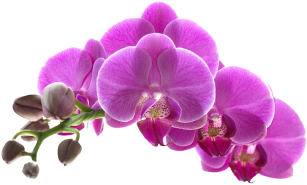


In Ayurveda, the ancient system of medicine from India, postnatal care (referred to as "Sutika Paricharya") is given significant importance. It emphasizes the mother’s recovery and the baby’s health through a holistic approach, incorporating diet, lifestyle, herbal remedies, and specific practices designed to restore balance and promote healing. Here are the key aspects of postnatal care in Ayurveda:




